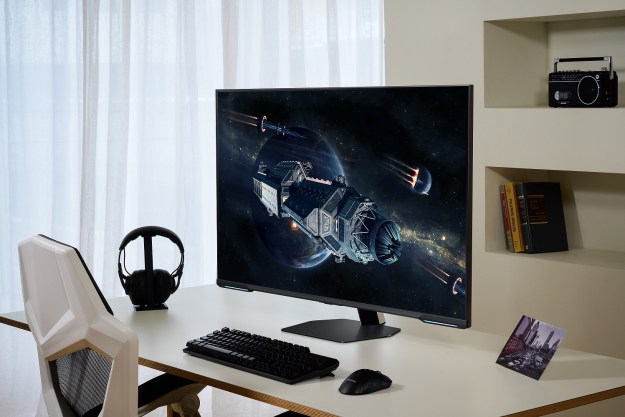It’s been over a year since we last heard from Watson, IBM’s in-house supercomputing project designed to be a question-ansewring system rather than a mere search engine: the idea behind Watson is to take an actual question, expressed in everyday vernacular, and pull up the actual answer to that question, not just a list of resources where it thinks related information might be available. Now, word comes from the New York Times that Watson is gearing up to make its debut on the classic television quiz show Jeopardy this fall…and it will be competing against flesh-and-blood trivia buffs in real time.

Although initial plans were announced last year, Jeopardy producers have finally given the green light to the matches. Like regular Jeopardy contestants, Watson will have to answer in the form of a question, and the system “knows” only the information available to it locally in its electronic corpus of data: Watson won’t be connected to the Internet and won’t be allowed to Google. In IBM’s mock Jeopardy set, Watson is receiving the questions as text data at the same time human players get them, and Watson is answering questions using speech synthesis. It’s not clear whether Watson gets some extra time by receiving questions as text: in real life, Jeopardy players have to speed-read questions from a distance (and kinda try to tune out host Alex Trebek), but can only buzz in once the host is done reading.
Watson’s technology is more than a search engine: although engineers at IBM have loaded up Watson’s hardware (and there is a lot of hardware) with copious amounts of digital information, Watson does more than merely locate documents or files that might have information related to a question: Watson has to parse the clue, figure out the specific item of information targeted by the question, then apply its knowledge base to ferret out exactly that bit of information. Such question-answering systems have been attempted by computer scienctists for decades; however, real-time trivia contests like Jeopardy have always been considered a tough nut to crack due to the breadth of questions, along with the show’s consistent use of puns, wit, visual and musical clues, and oddball categories that often have players associating very disparate bits of knowledge.
It isn’t the first time IBM has thrown supercomputers at tough problems: IBM famously took on chess grandmaster Gary Kasparov over a decade ago with Deep Blue…and won.
Editors' Recommendations
- AI could replace around 7,800 jobs at IBM as part of a hiring pause
- IBM’s new 127-qubit processor is a major breakthrough in quantum computing
- IBM’s A.I. Mayflower ship is crossing the Atlantic, and you can watch it live
- IBM is building the biggest quantum computer — and a giant fridge to put it in
- IBM seeks ‘national dialogue’ on the role of technology in society


